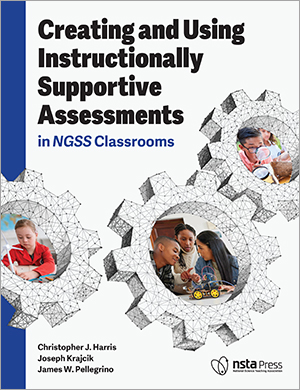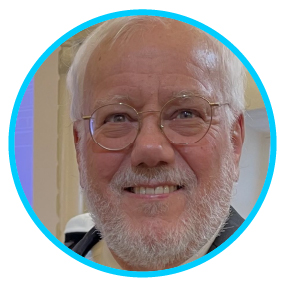Short Course #1
National Conference in Denver • Mar. 20-23, 2024
Full-Day Workshop
How to Create Three-Dimensional Assessment Tasks
Preconference • Wednesday, March 20 • 8:15 AM - 3:15 PM
Facilitators: Joseph Krajcik and Christopher Harris
All participants will receive...
- Coffee and tea (first come first served)
- Lunch
LIMITED SPACE AVAILABLE
$150
Conference registration is NOT required to attend.
About the Session
What design approach can science teachers use to create assessment tasks that support students’ three-dimensional learning? With three-dimensional tasks, students need to apply the three dimensions of science proficiency to make sense of compelling phenomena and solve challenging problems. This workshop will introduce participants to a design approach that they can use to develop three-dimensional assessment tasks for classroom use that emphasizes assessment for teaching and learning. We will focus on how to develop tasks that take into consideration students' academic, social, and cultural backgrounds. A good assessment task should provide actionable information to teachers and students and relate to all students. Importantly, it should provide insight into how students are building toward an NGSS performance expectation or bundle of performance expectations. This course is ideal for those seeking an introduction to a systematic process for how to create 3-dimensional tasks.






